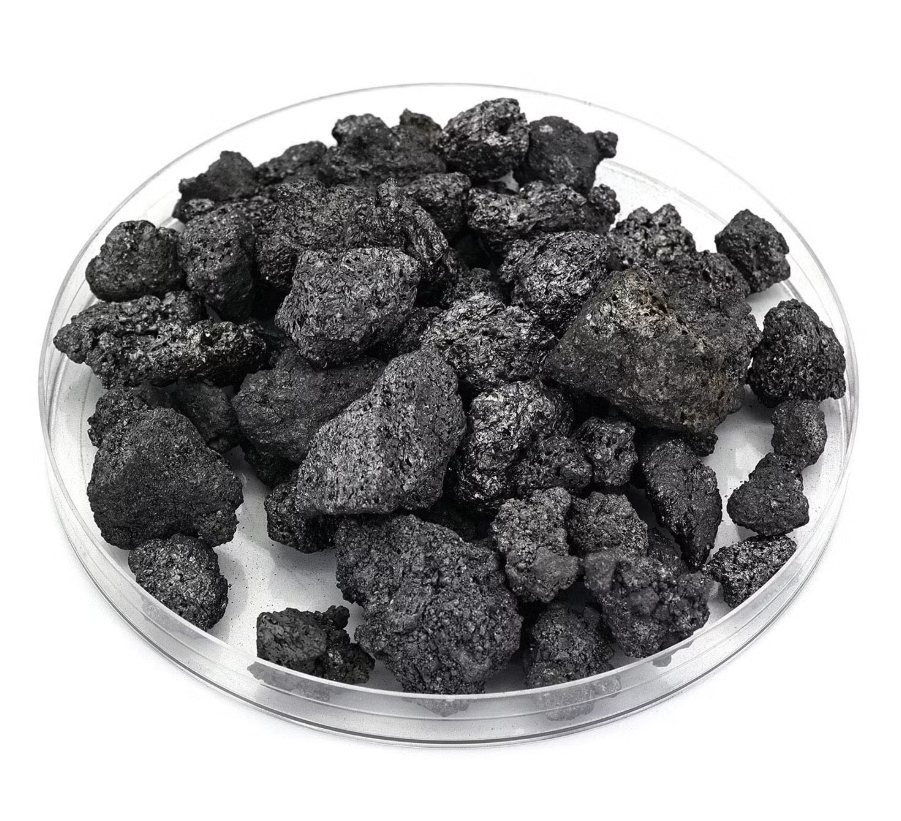
Petroleum coke is a solid byproduct of the refining process. It is used to produce graphite electrodes and carbon electrodes in the steel industry. It is used as fuel for power generation and to replace coal in cement kilns. It has a high thermal capacity and low specific heat, making it ideal for use in these applications. In the United States, approximately 1.5 million tonnes (1.68 x 106 tonnes) of petroleum coke is utilized as fuel by major utilities annually.
Metallurgical coke is a key raw material used in the manufacture of iron. It is produced by heating bituminous coal without air in tall, slender chambers known as coke ovens. The process is repeated until most of the volatile matter has evaporated. The coal is then melted, liquefied, and resolidified into coke.
Coke is used in the production of electricity and iron. It is a key component in the thermal process in providing the energy to melt iron ore within the blast furnace. It also plays an important structural and mechanical function in supporting the load and forming a highly-permeable "trickling columns" which ensures optimum drainage of slags and gas within the BF. Coke can be manipulated in terms of maceral and composition to meet the requirements for various BF applications. Coke also plays part in the chemical reduction of steel ore and preproducts of steel.

The high sulfur content of coke may pose a challenge to melting operations that employ melter gasifier technologies. In addition to causing slag corrosion, excessive sulfur can also increase the rate of oxidation of liquid iron in the reduction process and hinder its ability to form stable oxygen steel. High sulfur coke can also increase the leaching of molybdenum, vanadium and arsenic in the slag. This can cause metal loss through the process.
The invention solves the issue of disposing of an environmentally undesirable material by using it as a replacement fuel in iron-making processes that use melter gasifiers to produce molten iron and steel preproducts. The petroleum coke, oxygen and reduced iron ore from an additional reduction oven are fed into the melter gasifier. The combustion of petroleum coke within the gasifier generates an export gas that is rich in carbon dioxide that can be used to reduce molten iron. This leads to higher efficiency and improved direct reduction of iron quality and stability. It also improves the overall environmental performance of the process by lowering its greenhouse gas emissions and making it more sustainable to global goals. This novel and surprising application of a previously untested fuel offers significant environmental and economic advantages over traditional methods of disposing of waste material. The invention also demonstrates that it is feasible for a variety of opportunity fuels to be utilized in conjunction with petroleum to achieve this goal.

Write a Message